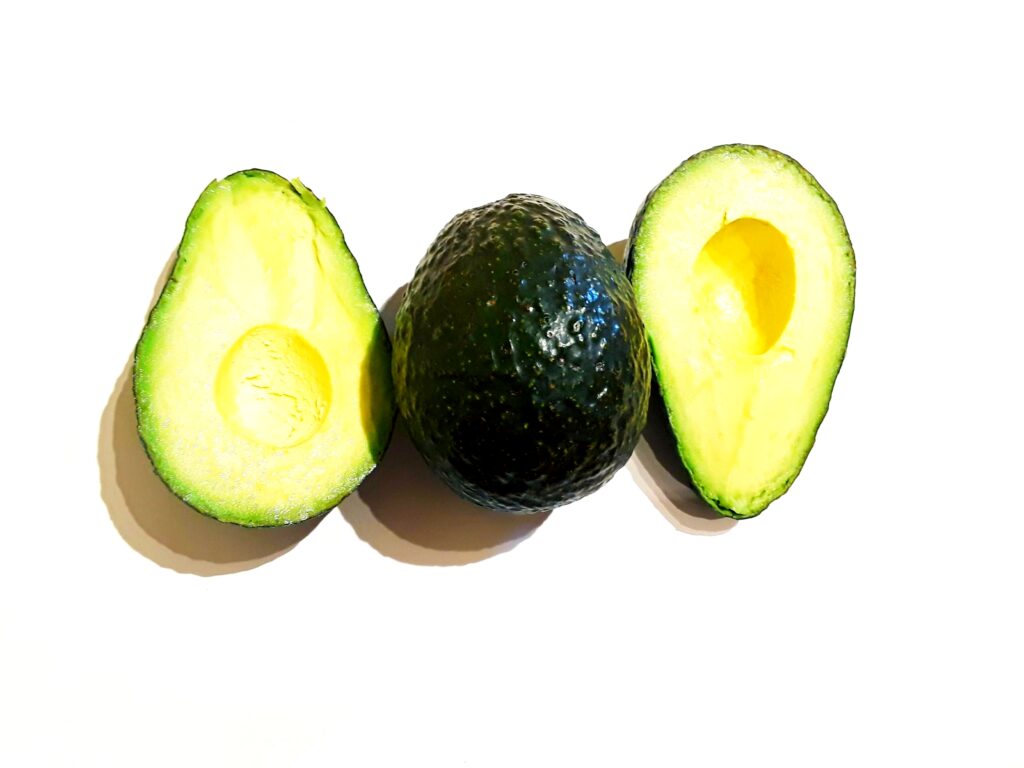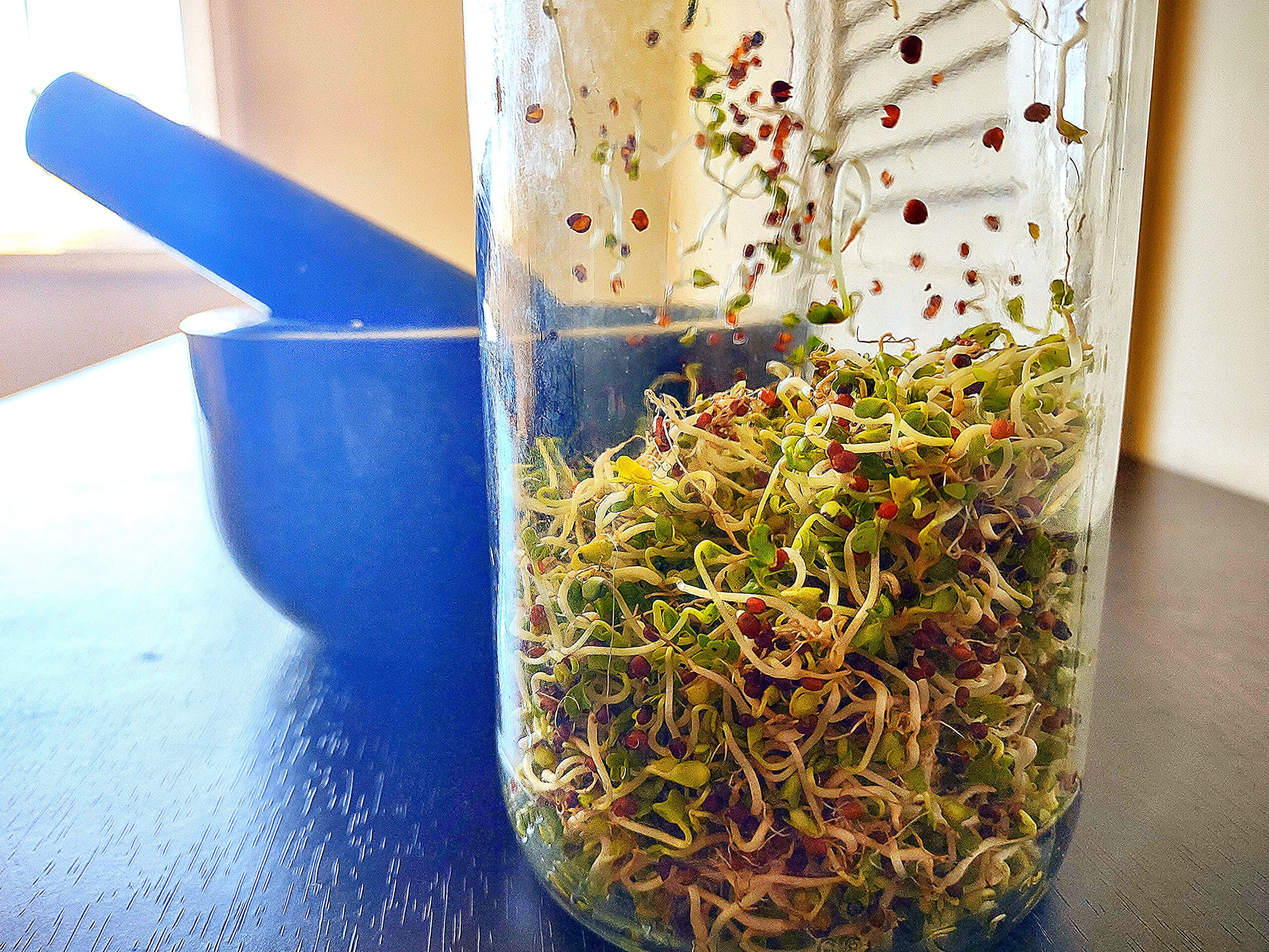The relationship between any kind of diet and cancer prevention is an evolving area of research. While some studies suggest that certain dietary patterns, genetic susceptibilities and other factors may be associated with a lower risk of certain cancers, research shows that specific food components like garlic, sulforaphane and curcumin can actually help to reduce cancer risk. The key is to incorporate more of these foods in your diet and change other factors as well. I discuss all this in my book Raw Anticancer which is based on the most current research in functional and integrative medicine regarding cancer prevention and treatment. It will be coming out in 2024.

Here are some points to consider regarding the raw ketogenic diet and its potential role in cancer prevention:
Plant-Based Foods: A raw ketogenic diet emphasizes the consumption of raw, unprocessed plant-based foods such as vegetables, nuts, seeds, and avocados. Plant-based diets have been associated with a lower risk of certain types of cancer. These foods are rich in fiber, vitamins, minerals, and antioxidants, which play a role in overall health.
Anti-Inflammatory Properties: The ketogenic diet, including the raw version, has been suggested to have anti-inflammatory effects. Chronic inflammation is linked to various diseases, including cancer. Some components of a raw ketogenic diet, such as certain vegetables and healthy fats, may contribute to reducing inflammation in the body.
Sugar and Carbohydrate Restriction: The ketogenic diet involves restricting carbohydrate intake, leading to a reduction in blood sugar levels. Some cancers are known to have an increased glucose uptake, and theories propose that limiting sugar and carbohydrate intake might impact cancer cell growth but more research is needed in this area.

Metabolic Shift: The ketogenic diet involves reducing carbohydrate intake to induce a state of ketosis, where the body primarily uses ketones derived from fats as a source of energy. Some studies suggest that cancer cells may rely heavily on glucose for energy, and a ketogenic diet might limit their energy source but the evidence supporting this theory is mostly based on preclinical studies.
Reduced Inflammation: The raw ketogenic diet, which emphasizes whole, unprocessed plant-based foods, may have anti-inflammatory effects. Chronic inflammation is associated with various diseases, including cancer. By reducing inflammatory markers, the diet might potentially impact cancer development. However, more research is needed to establish a clear link between the raw ketogenic diet and cancer prevention.

Growth Factors: The ketogenic and raw ketogenic diets may influence insulin levels and insulin-like growth factor-1 (IGF-1), which are hormones that play a role in cell growth and division. Some researchers propose that reducing these factors through dietary interventions might affect cancer cell growth. However, the evidence is not conclusive, and the impact of the diet on these factors may vary among individuals.
Ketosis and Cancer Cells: Some laboratory studies have suggested that cancer cells may have difficulty using ketones as an energy source, potentially making it a less favorable environment for cancer growth. However, the relevance of these findings to cancer prevention in humans is not well-established. It’s essential to approach cancer prevention comprehensively, including maintaining a healthy lifestyle, regular exercise, avoiding tobacco and excessive alcohol consumption, and following a balanced and varied diet. While some aspects of the raw ketogenic diet may align with healthy eating patterns, more research is needed to determine its specific impact on cancer prevention, and individualized recommendations are crucial.
The raw ketogenic diet may not be appropriate for everyone because it may be challenging for some people to maintain. Make sure you consult with a functional medicine practitioner when considering any diet, including the ketogenic diet, for cancer prevention/treatment.




